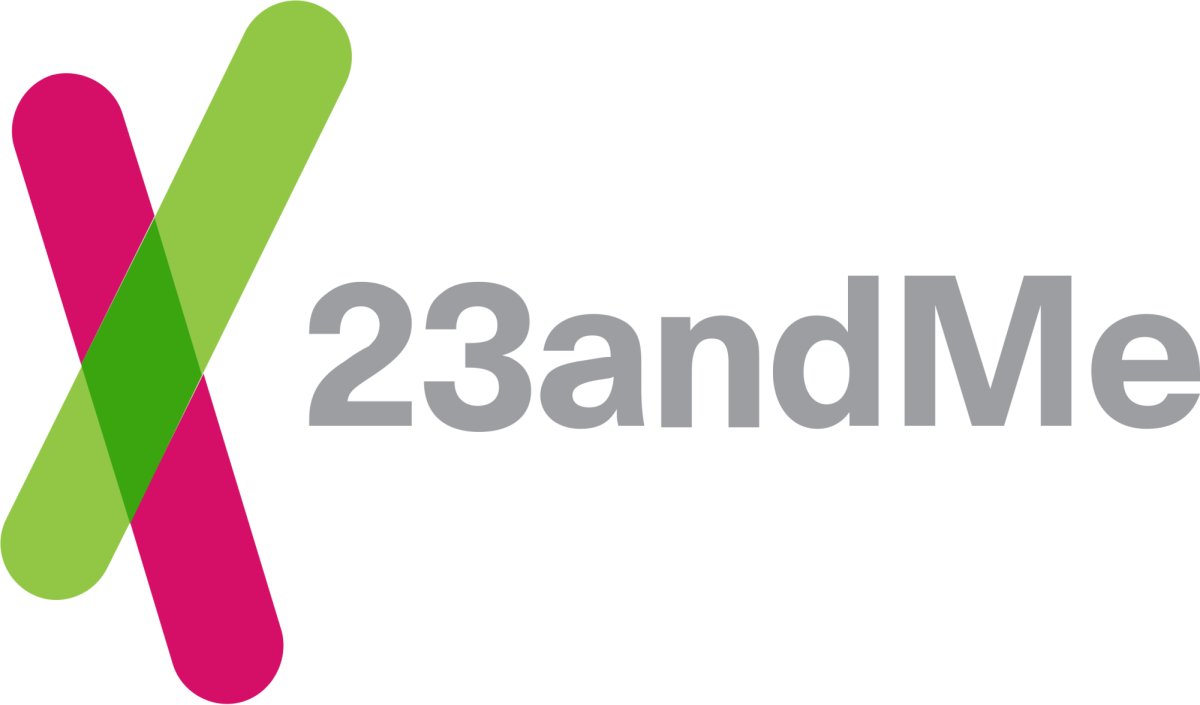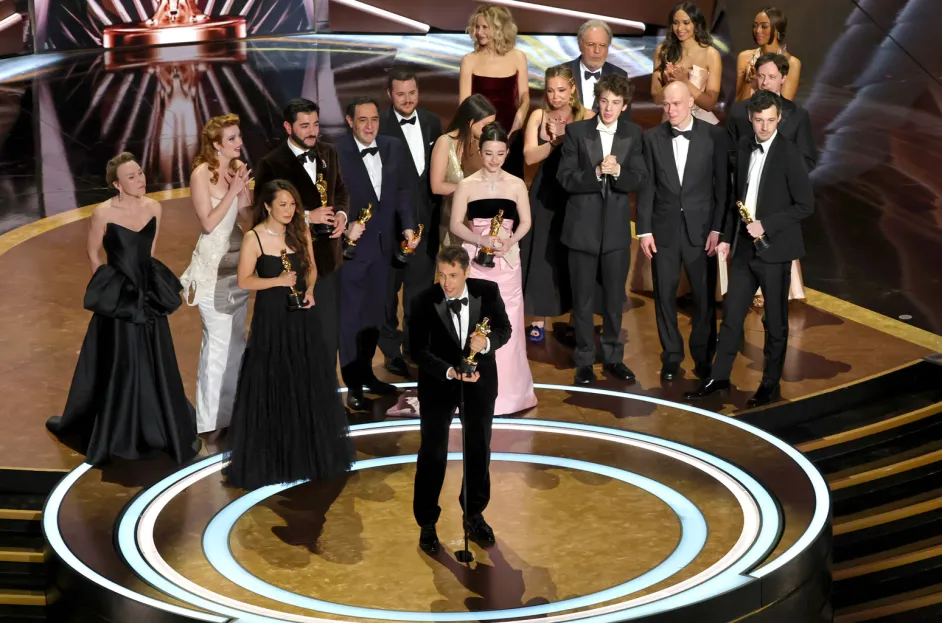
Social media has replaced the usage of news articles and broadcast channels. While many young individuals strive to be politically educated, there is an alarming amount who exhibit difficulty in understanding current events. Generation Z’s perception of political affairs and exhibition of media literacy is greatly screwed by social media.
In preparation for this article, 12 individuals were given a survey on their political consumption. 66% of those individuals answered to social media as their main avenue for news. This collected statistic may be representative of a small group of individuals, but it is a similar trend seen by major news sources.
When one spends time on a social platform long enough, politically related content is bound to appear. Needless to say, much of the younger demographic is more likely to stumble across political media as opposed to actively seeking out such information. The content pushed towards individuals also are usually personalized to their interests and opinions. Algorithms erase Generation Z’s exposure to diverse media.
The problem isn’t that younger demographics are not exposed to political information. Instead it is the depth of their knowledge. A one minute video on TikTok will not provide the same in depth explanation as opposed to a news article. This produces a surface level type perception. Sources have seen how the excessive dopamine of short-form content creates a reduced understanding of complex issues. When deeper matters are being explained, the constant gratification of socials does not allow for this information to process.
In addition, misinformation is commonly seen throughout social media content. The online world causes a person to be overflowed with information. Many individuals are likely to immediately take new information as true because it came from their following creator.
There are more and more factors influencing the shaky media literacy of Gen Z, but the real question is what can change? Firstly, it should be encouraged that not all content has to personally resonate with the viewer. Then there is also the difficult push to bring traditional articles back into the future. This might look like educating Gen Z on the relevance to current events and their life; the educators could be journalists, and even school teachers who play a key factor in this issue.
In fact, social media and traditional news can build a bridge between one another. There are some individuals using their platform as a way to change the narrative. For example, an NPR article reported on Kelsey Russell who read the newspaper on her TikTok account and discussed how this habit has been influential towards her life. It is content like this that is headed towards the right direction of promoting media literacy.
Overall, while Generation Z can be seen as a politically active generation, these individuals still have work to do on how they consume and access news stories.








![McNamee, WM. (2014) "White House Press Briefing" [Photo]. Getty Images](https://lthsvanguard.com/wp-content/uploads/2025/03/170110-white-house-podium-getty-1160-1200x651.jpg)
